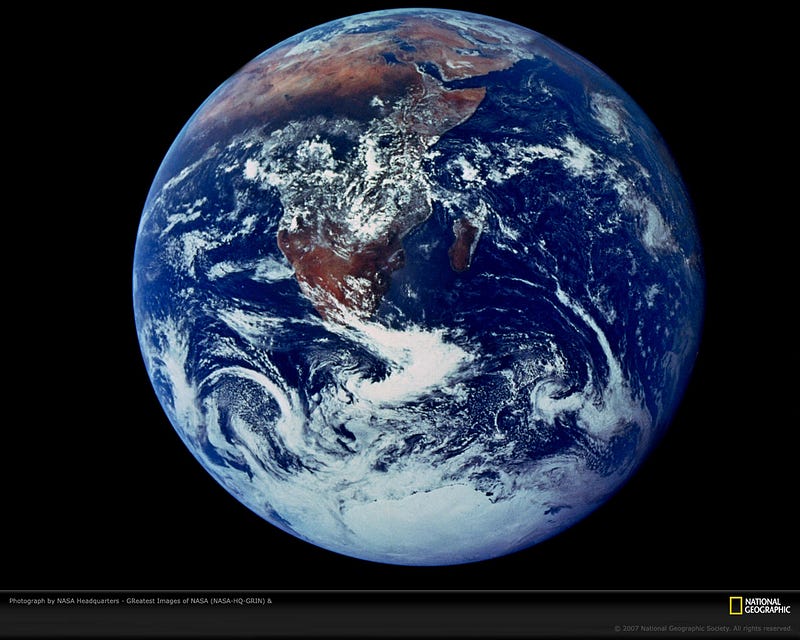Writer Brain: Artificial Not So Intelligence by Judith Tarr
The authorsphere has been rumbling for a while about the hot! new! shiny! tech! that has all the bros so excited they’re shoving it into everything and making it difficult to impossible to opt out. Generative AI is supposed to save the world. Take the work out of work. Replace the struggling human brain with a set of prompts. Instant art, hardly any waiting.
This isn’t the artificial sentience of Murderbot or the Justice of Toren or even Star Trek’s Computer. It’s basically a wood chipper, but for words and images. Dump them all in, hope something useful comes out.
The problem is, at this stage in its evolution, what’s mostly coming out is garbage. A book on mushrooms that labels a deadly variety safe and delicious. Sources for academic papers that don’t exist, or are garbled or distorted. “Art” that’s off in subtle and not so subtle ways—humans with extra fingers, rooms with weirdly angled walls and ceilings, skies that never existed on this planet. It’s getting so you can’t trust anything you see online.
It's not just that the thing is not ready for prime time. It’s that it’s being pushed hard, and it’s being backed with buckets and buckets of money. Billions. For basically faery gold.
And even worse than that, it needs massive amounts of energy to run. They’re actually talking about reopening nuclear plants in order to generate enough power for the huge surge of AI that the big tech companies are avidly investing in.
All of that is bad in the way of absolute decadence. A culture so far along in its devolution that it indulges in orgies of extravagance signifying effectively nothing.
So what’s the point?
Or rather, where’s it all coming from? What’s going into the chipper? How is it being trained to come out with its confident pronouncements of, all too often, deceptive nonsense?
That’s where the authorsphere, and the artistsphere along with it, is raising some good and holy hell. Because authors’ and artists’ work is being scraped as it’s called, swept up and dumped into the chipper. And it’s not being acknowledged or compensated. It’s being stolen, in a word. As one bro lamented, “How can we make money off AI if we have to pay for the source material?”






